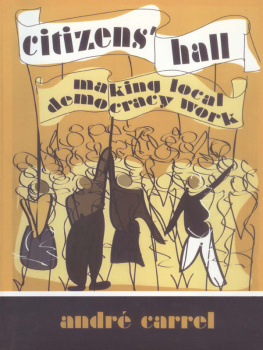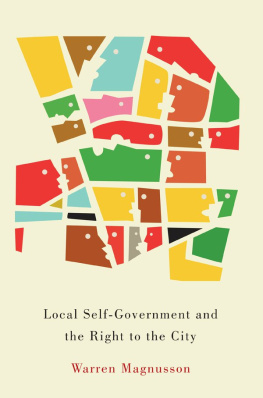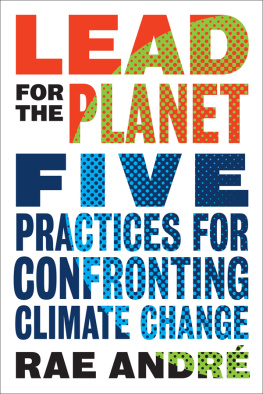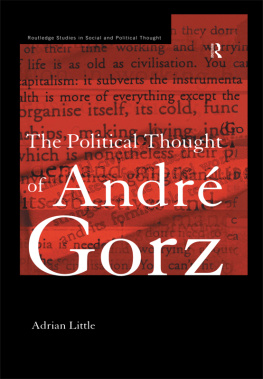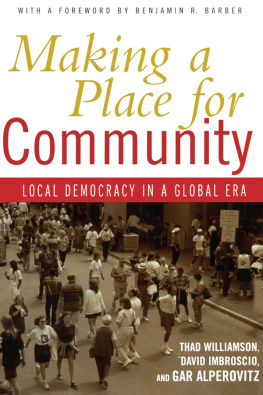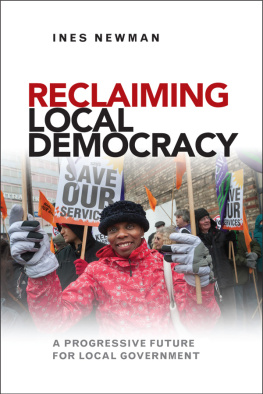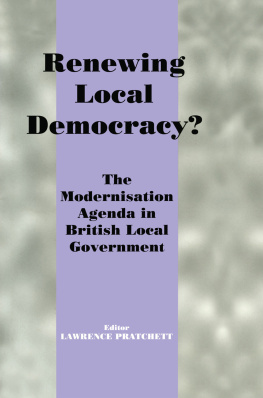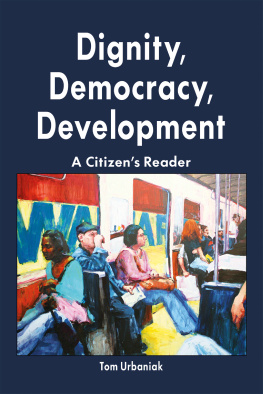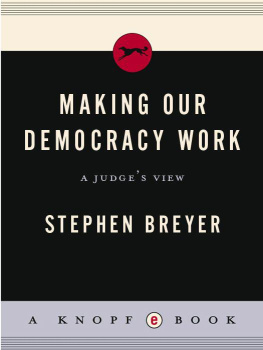Citizens Hall
2001 by Andr Carrel
First published in Canada in 2001 by
Between the Lines
401 Richmond Street West, Studio 277
Toronto, Ontario
M5V 3A8
All rights reserved. No part of this publication may be photocopied, reproduced, stored in a retrieval system, or transmitted in any form or by any means, electronic, mechanical, recording, or otherwise, without the written permission of Between the Lines, or (for photocopying in Canada only) CANCOPY, 1 Yonge Street, Suite 1900, Toronto, Ontario, M5E 1E5.
Every reasonable effort has been made to identify copyright holders. Between the Lines would be pleased to have any errors or omissions brought to its attention.
Cataloguing data available from Library and Archives Canada
ISBN 978-1-897071-80-9 (epub)
ISBN 978-1-897071-81-6 (PDF)
ISBN 978-1-896357-42-3 (print)
Cover design, illustration, and text design by Lancaster Reid Creative
Printed in Canada by union labour
Between the Lines gratefully acknowledges assistance for its publishing activities from the Canada Council for the Arts, the Ontario Arts Council, and the Government of Canada through the Book Publishing Industry Development Program.
I cant remember when the idea of writing a book first entered my mind. What I do know now is that I had no idea what I was about to undertake when I started the project. Linn Teetzel, instructor at Capilano College in North Vancouver, encouraged me to write. Linn gave me access to her public administration classes to test and debate my ideas. The time spent in Linns classes was invaluable. Her students are a bright lot; they demanded extensive research and preparation on my part, as they were not about to take a small-town administrators word as the gospels truth.
I owe a great debt to a number of Rossland city council members who served in the 1990s. Bob Miller, Garry Jenkins, Bill Stevens, Dave Butler, and Byron Siemens were the council members who truly believed in the idea of citizen empowerment. These were the councillors who gave the idea a chance to be tested. I also owe a debt to members of Rosslands senior staff who worked with me during that period: Alfie Albo, Marilyn Espenhain, Jack Richardson, and Kathy Smith put their trust in me and my ideas. They made it all work in its day-to-day application.
In the early development of the manuscript, Judy Dunsdon spent many hours pouring over seemingly endless pages of writing. She was a meticulous proofreader. Even during her stay in Chile she continued to proofread my writing. By the time I had what I thought was a completed manuscript, Gerrie Waugh, psychology instructor at Capilano College, asked me, Who is your audience? I had not thought about that. I had set out to write a book without giving a thought as to who might some day want to read it. I dont know, anybody who cares to read it, I guess was not an answer Gerrie was prepared to accept.
Rosa Jordan, who had successfully published several books and screenplays, was the first person to slap me and my project into shape. Rosa took a long and hard look at the bits and pieces of scrambled thoughts and dangling ideas. She forced me, showing remarkable patience, to apply discipline to my work. It was not until Rosa became involved in my project that I began to realize that writing a book was more than pontificating; it was hard work. Rosa understood my struggles. She had nothing but encouragement for me, particularly on those occasions when I thought that the whole thing was a mistake and I was ready to give up.
I have never met Philippa Campsie; meeting Philippa is still on my list of things I must do. Philippa was editor for the Cordillera Institute Journal, and in that capacity she edited a couple of articles I had written for the Journal. I was in awe of Philippas talent. Her many corrections pulled the message I meant to convey out of my writing. I apologized to Philippa at one point for dumping my vocabulary salad into her lap. Her response was that she enjoyed working on my material. I took that as an invitation, and she agreed to edit the manuscript. Philippa took over where Rosa left off. Her work was both extensive and exhausting. She is knowledgeable in the subject of the book, which added enormous value to her editing. Philippas critique could be mean and vicious (in the most caring way possible). More than once her editing reminded me of unflavoured cod-liver oil. However, by the time Philippa was done I was ready to go hunting for a publisher.
I went about the publisher hunt in the same way I tend to do most everything I pursuego for the objective, never mind the details. The many, many rejection letters I received did not hurt my feelings, particularly those from publishers who very politely explained that their niche was not political philosophy (or revolutionary politics) but childrens books, coffee-table books, or bird-watching books. I could have saved myself a lot of postage had I taken the time to read the publishers profiles on the many lists I downloaded from the Internet. I truly appreciate the faith Between the Lines has put in me, and I do hope that the risk taken in publishing this book will earn the company a deserving reward.
I was introduced to Jonathan Barker through his book Street-Level Democracy: Political Settings at the Margins of Global Power. I stopped in at Goldrush Books and Espresso, the local bookstore in Rossland, and the owner showed me the book. Take a look at this, the owner said. You read this kind of stuff, dont you? Yes, indeed. Paul Eprile of Between the Lines put me in touch with Jonathan, who agreed to be my writing coach and help bring the project to the finish line. Jonathan guided me in rearranging the chapters of the book to flow in a logical sequence. He pointed out a number of holes and missing components, and in a very friendly and compassionate way pointed to passages that had no business being in there.
And, last but not least, my editor Robert Clarke, who taught me the final lesson. If you are going to use a quote, at least in this kind of book, you need to reference that quote. I have spent hours going through my library to retrieve page numbers and other details to back up the quotes I have included in the following pages. I will never, ever again read anything without a pen and paper at the ready to mark down all the details of anything I may want to refer to at some future date. Robert, through his loving attention to every detail on every page, brought the project of creating a book from an idea to a close.
All of the people mentioned above deserve the credit for this book. I could never have said what I had to say without their help. However, the responsibility for any error or omission the reader may find, for the assumptions made and the political views expressedthat responsibility is mine and mine alone.





